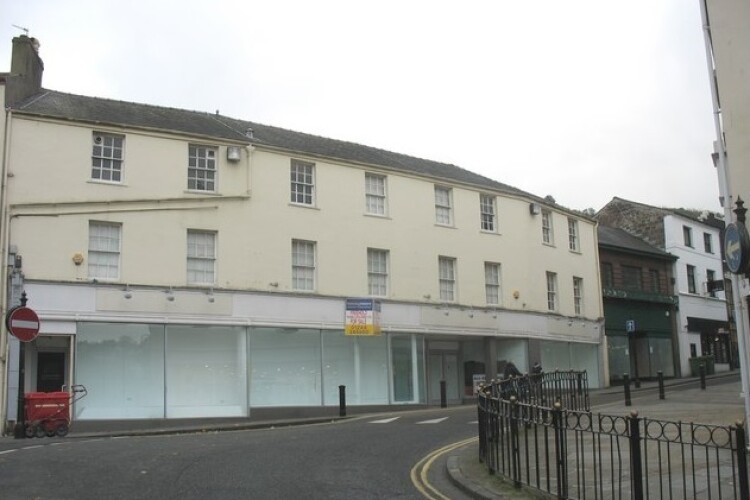The government is keen to see the conversion of empty shops, warehouses and offices into flats to help hit its house-building targets.
The Ministry of Housing, Communities & Local Government (MHCLG) has decided that from August 2021 any works to convert buildings from commercial, business and/or service use to residential use in England will not need planning permission.
The announcement was made just before the Easter parliamentary recess, thus minimising scrutiny, and before responses to the Planning for the Future white paper, or the consultation on the new regulations themselves, have been published.
The ministry’s chief planner, Joanna Averley, sent a circular to local authority chief planning officers across England on 1st April in which she revealed: “To further the government’s objective to support and diversify town centres, we laid regulations on 31st March 2021 to create a new permitted development right to enable the change of use from the new Class E to residential use to help support housing delivery and enable more homes to be created in town centres.
“The right will have effect from 1 August 2021. It is subject to a size limit of 1,500 sqm of floorspace changing use and applies to buildings that have been in a Class E use for two years, including time in former uses now within that class. To protect viable businesses the right only applies to buildings that have been continuously vacant for at least three months.”
The proposals do not impress built environment professions, four of which have joined forces to ask the government to reverse the new planning regulations.
The Royal Town Planning Institute, the Royal Institute of British Architects (RIBA), the Chartered Institute of Building (CIOB) and the Royal Institution of Chartered Surveyors (RICS) have jointly written to the prime minster explaining the downside of the reforms – no quality control over the new housing, and high streets gone forever
The letter says “allowing commercial premises to be converted into homes presents a risk for our nation’s town centres and small businesses. Without the usual checks and balances through the normal planning process and without the facility for local communities to comment on proposals, this risks creating poor-quality housing.”

It continues: "Nobody can deny there is a looming crisis facing our high streets, but yesterday's pronouncement will do nothing to help. In fact, these measures will pull the rug out from under high street businesses that you have supported throughout unprecedented circumstances. Just as they prepare to reopen with our great unlocking, their future is put in peril.
“It is counterproductive for the government to commit to reviewing business rates— with the express goal of keeping more businesses on our high streets—while simultaneously incentivising property owners to push them out.”
“Businesses, developers, residents and the built environment sector have all had serious concerns about these proposals from the start. Attempting to engage productively, the RTPI, RIBA, CIOB and RICS set out safeguards that could at least minimise the harm. None of this evidence appears to have been given consideration. No basic impact assessment of how this might harm our communities appears to have been done. Additionally, the government has ignored the responses to its own consultation to rush this substantial change to our highstreets during Parliamentary recess.
“This announcement fails to consider the public good and demonstrates a lack of any forethought for those who will be affected. This is not only a failure to ‘level up’ but a threat to our local communities.”
Previously, the RTPI had proposed a series of additional prior approval matters that ought to be considered before proposals go ahead. These included the impact on the provision of essential services, access to amenities such as parks for outdoor fitness and exercise, the provision of fresh air through ventilation and the quality of design.
The RTPI also set out two ‘red lines’ to prevent the creation of large areas of residential development in existing warehousing and supermarkets in unsuitable locations: it proposed a size limit of 250 square metres and said that building being converted had to have been designated for retail or office use in December 2020.
The Ministry of Housing evidently decided, on balance, to ignore the advice of the professionals.
Got a story? Email news@theconstructionindex.co.uk



